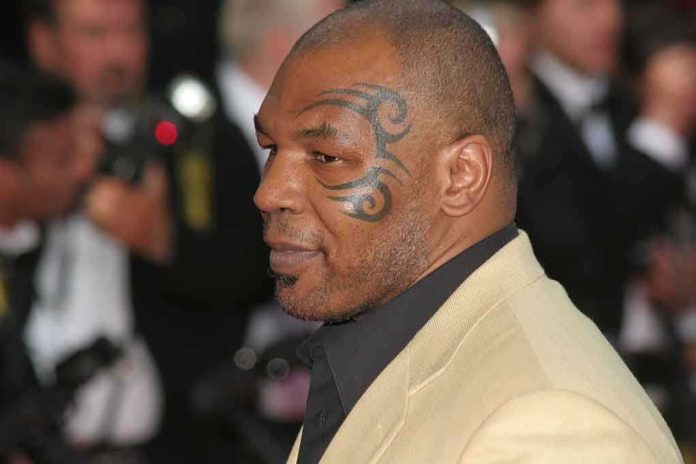
South Korea’s strict tattooing laws keep art underground, risking freedom and safety for artists and clients.
Story Highlights
- South Korea is the only developed country where tattooing by non-doctors is illegal.
- Tattoo artists face police raids, fines, and prosecution under harsh legal restrictions.
- The “K-tattoo” style gains international acclaim despite domestic legal challenges.
- Advocacy for reform grows, but faces resistance from conservative elements.
South Korea’s Tattoo Laws: A Historical Overview
For centuries, tattoos in Korea have had a contentious history, once used as punishment for criminals. Despite modern shifts towards self-expression and art, the stigma remains, particularly among older generations. In 1992, South Korea’s Medical Act classified tattooing as a medical procedure, effectively criminalizing the practice for anyone other than licensed doctors. This legal position continues to impact the thriving underground tattoo scene, with artists working in secrecy to avoid legal repercussions.
The country stands alone among developed nations in enforcing such a strict stance, with the judiciary consistently upholding the ban on non-medical tattooing. While the government cites public health as the primary concern, the community of tattoo artists sees this as an infringement on personal and artistic freedom. The paradox lies in the vibrant, underground culture that flourishes beneath the surface, pushing for change in an environment that remains resistant.
The Struggle for Legal Recognition
Tattoo artists in South Korea face significant challenges. Operating illegally means constant vigilance against police raids and the imposition of heavy fines. These artists, however, are not alone in their struggle. Advocacy groups and civil rights organizations are increasingly vocal in demanding reform. They argue that tattooing should be recognized as an art form and a legitimate occupation, free from unsubstantiated health concerns that many believe are a guise for cultural conservatism.
Despite the risks, the popularity of tattoos continues to rise, especially among younger Koreans and international audiences. The unique “K-tattoo” style has gained international recognition, showcasing the talent and creativity of South Korean artists. Yet, these achievements contrast starkly with the domestic legal landscape, which stifles potential industry growth and innovation.
The Road Ahead: Potential for Reform
Looking forward, the potential for legal reform remains uncertain. While public opinion gradually shifts towards acceptance, significant legislative changes have yet to materialize. The generational divide on body art reflects broader societal tensions between tradition and modernity. Artists and advocates hope that increased international attention and support will catalyze change, allowing for regulated, safe tattoo practices that respect both public health and personal freedoms.
The debate over tattoo legalization in South Korea highlights larger issues of personal liberty and governmental control. As the world watches, the push for reform continues to challenge the status quo, advocating for a future where artistic expression is not bound by outdated laws.
Sources:
MSU International Law Review, “South Korea’s Criminalization of Tattooing”
Tattooing 101, “Why Are Tattoos Illegal in South Korea?”
Scene360, “Breaking the Taboo: 10 Daring Tattoo Artists From South Korea”













